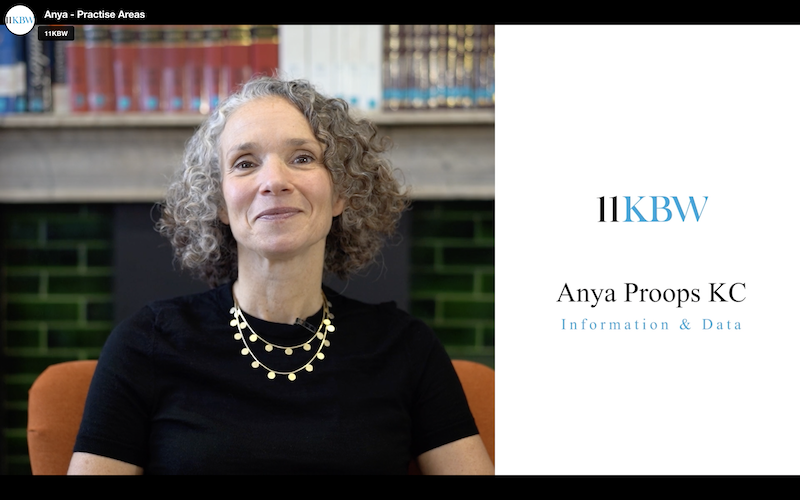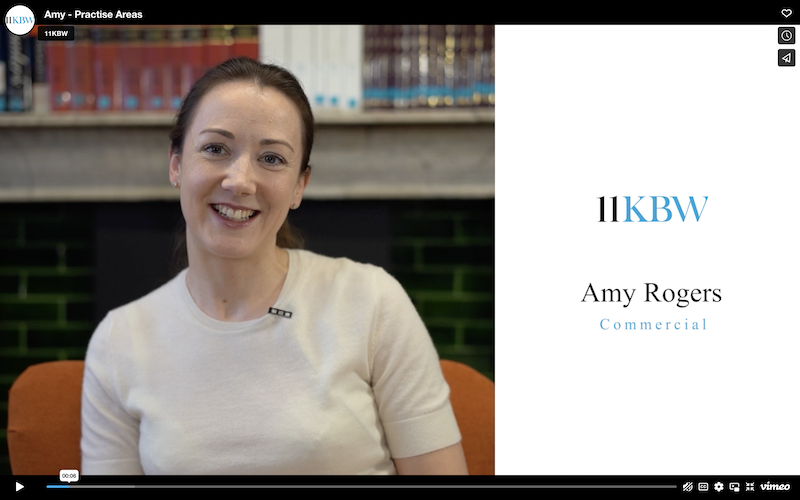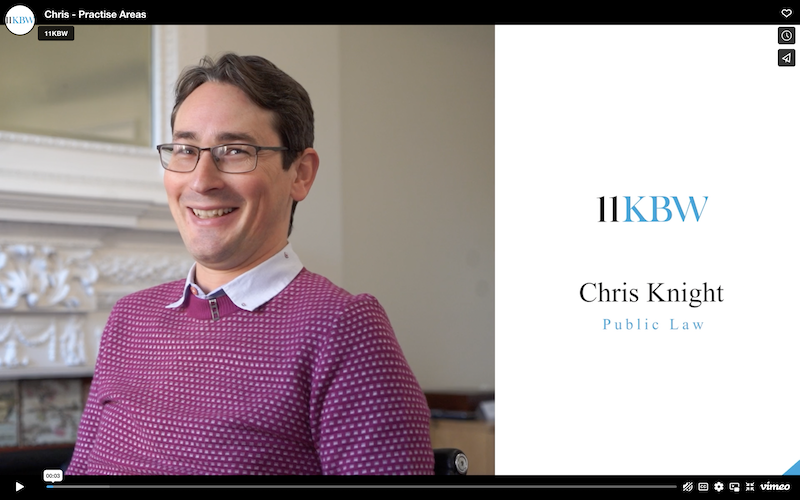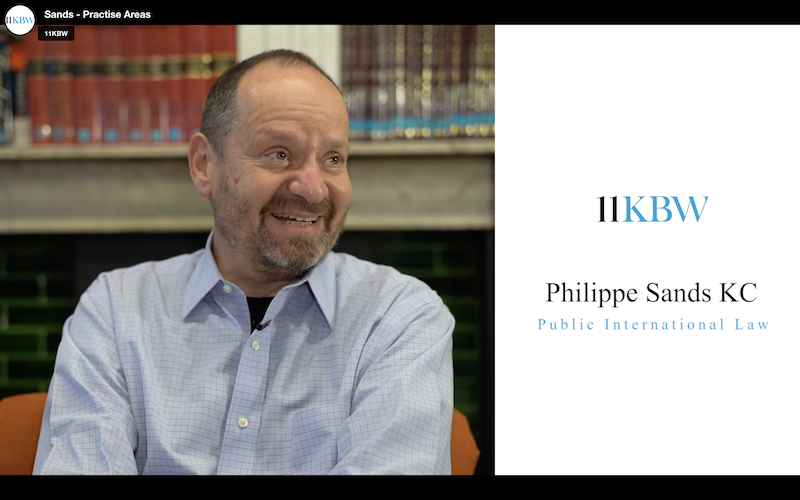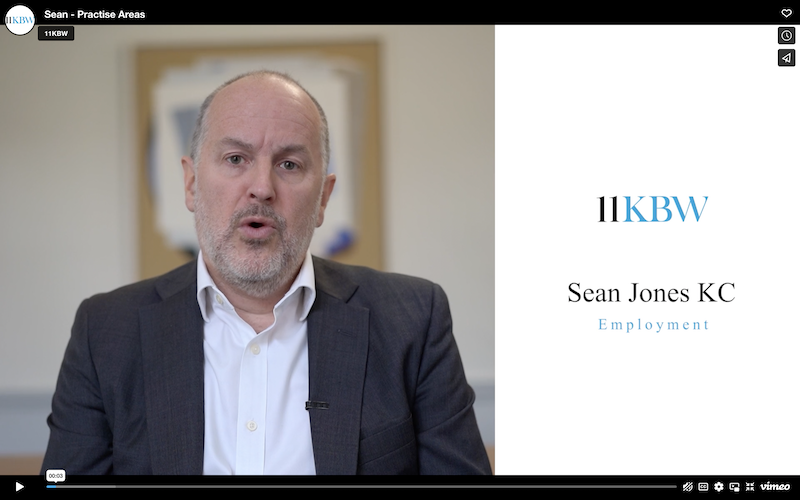Why 11KBW?
Members of 11KBW regularly appear in the most important, interesting, and high-profile cases of the day in our core practice areas of employment, public, commercial, and data, information and media law.
As a pupil, you will have the opportunity to work on these cases with some of the leading practitioners at the English Bar.
We believe in providing our pupils with a rewarding, challenging and supportive environment which will prepare candidates of the very highest calibre for an exceptional and enjoyable career at the Bar. Our ethos can be summarised as a commitment to outstanding advocacy and intellectual rigour, combined with a friendly and inclusive working culture.
We are committed to equality and diversity and strongly encourage applications for pupillage from members of groups which are under-represented at the Bar.
We are proud of our unparalleled record of members becoming some of the most distinguished members of the judiciary. We are proud that three of the senior judicial appointments from Chambers are women; and that Mr Justice Choudhury is the first British High Court Judge of Bangladeshi origin.
What we offer
We offer up to four 12-month pupillages each year (beginning in October).
From 2024, pupils will receive an award of £75,000. £20,000 of this is available to be drawn down during the year prior to pupillage.
Pupillage at 11KBW
Pupillage is divided into three parts, each with a different supervisor (or two if they job-share the role).
In the first three months, you will be based almost exclusively with your supervisor, giving you an opportunity to settle in and have an in-depth experience of day to day practice. From month four, you will work with lots of different members of Chambers. This allows you to see the full range of practice areas and enables members of Chambers with different expertise and all levels of seniority to assess your work so we can build up a fair and complete picture before making tenancy decisions.
Our pupils do not practise on their own before the tenancy decision in July, but all of the work you do during pupillage will be on real, often ‘live’, cases. You will draft opinions, skeleton arguments, pleadings and other written pieces.
As well as doing assessed written work, you will have the opportunity to shadow your supervisors and other members of Chambers at hearings and client conferences.
Read a review of pupillage at 11KBW in the Chambers Student Guide.
Please see the further information on ‘How to Apply’, ‘Stage 1 Assessment Criteria’, ‘Life as a Pupil’, and ‘FAQ’ available on the links above.

